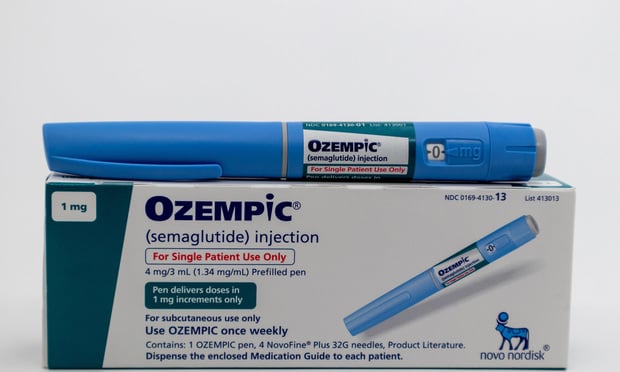Health care reform is bringing dramatic changes to our industry,our profession and our businesses. No breaking news there. What canbreak in times like these, however, is a sense of optimism aboutthe future.
|Maintaining a positive attitude when it seems like the universeis conspiring to put you out of business can be understandablydifficult. Yet maintaining a positive attitude is criticallyimportant to success. That's one of the key findings of the“Trailblazed Sales Study” I led to identify the practices,perspectives and processes that separate successful producers fromtheir less successful colleagues.
|There's an obvious logic to this. We all know people who see theglass as half full and we know others who don't. And we know withwhom we'd prefer to be stuck in an elevator and on whom we'd bet tosucceed. Of course, when you're achieving sales success it's easierto be positive about things.
|The real test is not how one feels when things are going well,but what one thinks when they're not. That's the conclusion reachedby Dr. Martin Seligman, a past president of the AmericanPsychological Association, who has spent decades researchingoptimism and pessimism.
|In his book Learned Optimism: How to Change Your Mind and YourLife, Dr. Seligman describes pessimists' internal dialogue whenthings go wrong as making the situation personal (“It's my fault”),pervasive (“Everything I do is doomed”) and permanent (“I'll alwaysbe a failure”). As a result, pessimists learn helplessness which,in turn, makes them less capable of overcoming challenges.Optimists think differently.
|Failure is not taken personally nor is it viewed as impactingthe rest of their lives and continuing forever. Consider twobrokers each losing a sale. The pessimist thinks, “It's my fault. Ican't sell anything and I never will.” An optimist views thingsmore realistically: “I guess this wasn't the right product for her.It's a good product as I've sold it before and I will again.”
|This thought process gives optimists a sense of control overevents. What this means, as Dr. Seligman points out, is optimismcan be learned by breaking the habit of helplessness (failure ispersonal, pervasive and permanent) and viewing circumstances in amore objective manner.
|Given what's happening with health care reform producers wouldbe forgiven for being anxious. However, brokers have handleddramatic changes before. How? Not by believing we're doomed andthere's nothing to be done about it. Nor by assuming we can get bydoing what we've always done the way we've always done things.That's being delusional, not optimistic.
|Surviving change requires an objective, reasoned view of what'shappening and a sense of control over the outcome. As the“Trailblazed Sales Project” found, successful producers don'tnaively believe the good guys always win. Instead, they believethat hard work, perseverance and a smart approach give the goodguys a good chance of winning. That's not just a positive attitude.It's reality.
|Alan Katz is principal of the Alan Katz Group and author of“Trailblazed: Proven Paths to Sales Success” (www.TrailblazedSales.com).
Complete your profile to continue reading and get FREE access to BenefitsPRO, part of your ALM digital membership.
Your access to unlimited BenefitsPRO content isn’t changing.
Once you are an ALM digital member, you’ll receive:
- Critical BenefitsPRO information including cutting edge post-reform success strategies, access to educational webcasts and videos, resources from industry leaders, and informative Newsletters.
- Exclusive discounts on ALM, BenefitsPRO magazine and BenefitsPRO.com events
- Access to other award-winning ALM websites including ThinkAdvisor.com and Law.com
Already have an account? Sign In
© 2024 ALM Global, LLC, All Rights Reserved. Request academic re-use from www.copyright.com. All other uses, submit a request to [email protected]. For more information visit Asset & Logo Licensing.








